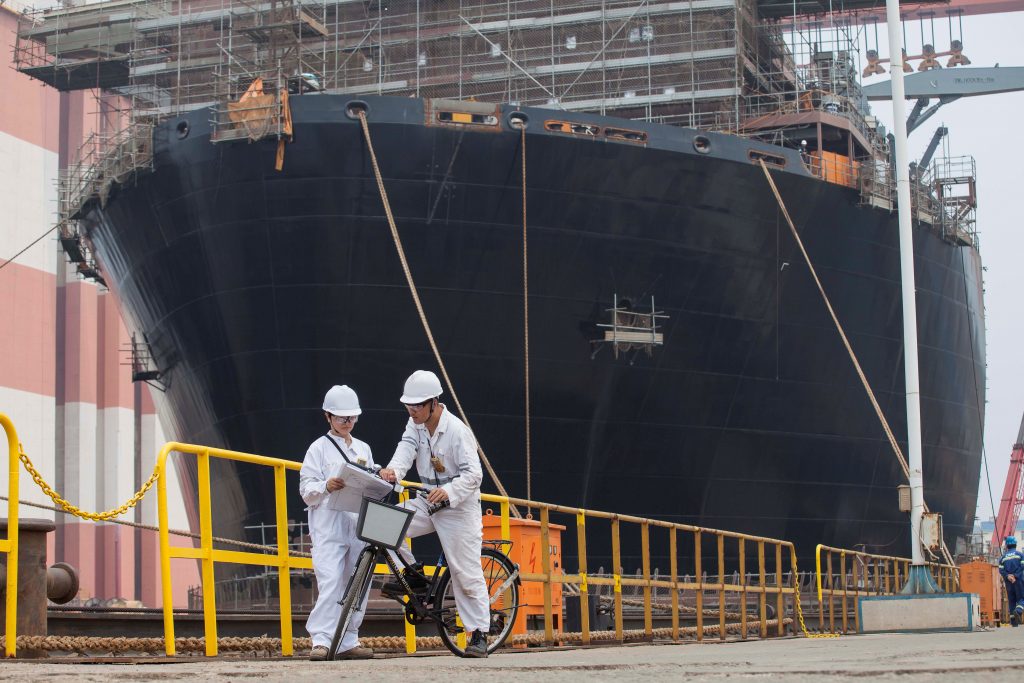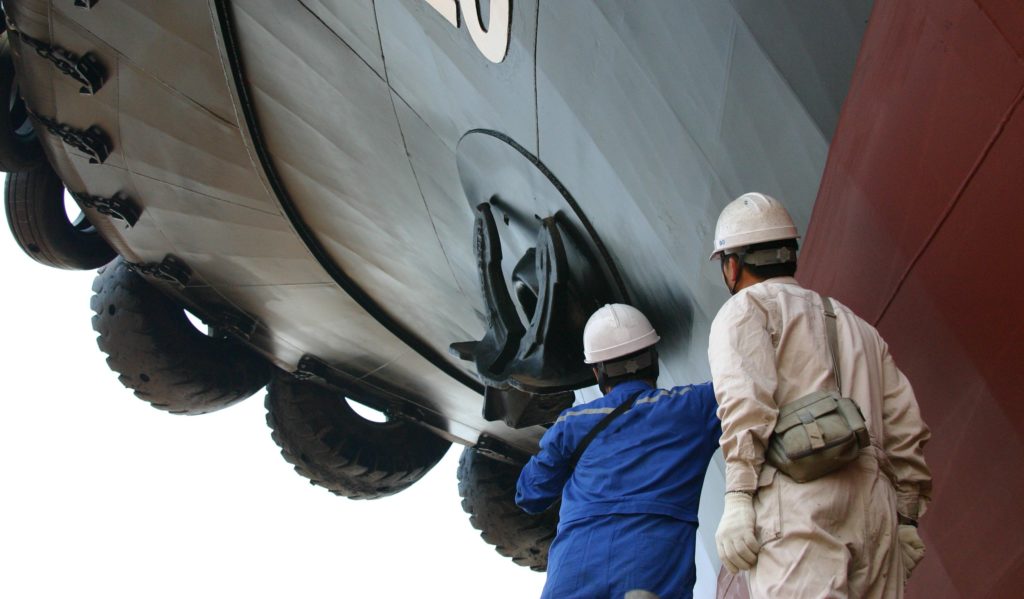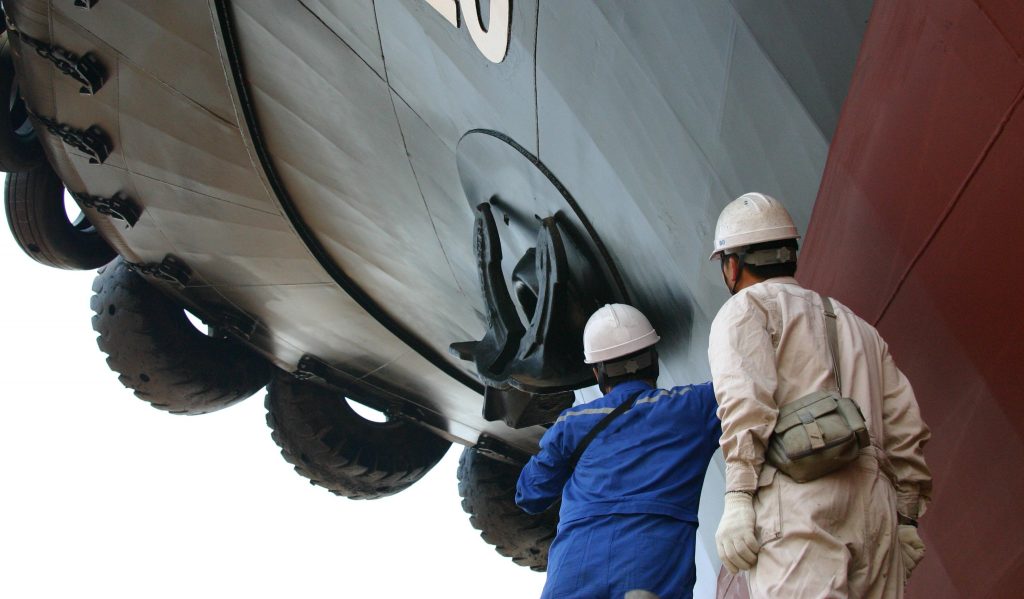
The 2025 EUW was held at the Harbour Grand Hotel, Hong Kong over 1.5 days, Tuesday 18th and the morning of Wednesday 19th November 2025.

When IACS decided, in 2008/9, its members would be audited against IACS Quality Management System Requirements (IQMSR) by independent accredited certification bodies (ACBs), as opposed to the hitherto in-house audit team, it recognised that honest and open feedback on the new arrangements would be vital in ensuring IACS QSCS remains valid, fit for purpose and effective.
To that end and in November every year since 2009, IACS has arranged an annual End User Workshop (EUW). This annual event brings together all the key stakeholders of the Scheme and other organisations that have an interest in IACS QSCS. Attendees typically comprise all IACS members, all ACBs that audit IACS members, flag Administrations, the European Commission, the European Maritime Safety Agency (EMSA), QACE, non-IACS classification societies that are interested in adopting QSCS either voluntarily or with a view to applying for membership of IACS and ACBs that may be interested in auditing against IQMSR.
As an impartial yet knowledgeable facilitator, the EUW is chaired by the Advisory Committee Chair. The format of the workshops is designed to promote free and open discussion with a view to maintaining the robustness, integrity and consistency of the scheme. To promote discussion, stakeholders are given the freedom to feedback and reflect on their experiences of working in or with the scheme and to propose and discuss any possible adjustments deemed appropriate to ensure QSCS continues to meet fully the demands and needs of all stakeholders for a robust and consistent scheme that is now widely recognised within the shipping industry as the ‘gold standard’ for classification societies and certification of IACS members.
Without exception all EUWs have proved to be positive events. All participants actively and constructively contribute which has and continues to have, a tangible and meaningful influence on the evolution of IACS QSCS ensuring the Scheme continues to be relevant, up-to-date and meets the needs of all interested parties and stakeholders.
Those organisations or individuals that have a clear interest in IACS QSCS and would like to attend future EUWs, should contact IACS Quality Secretary, Jonathan Spremulli at qscs.ops@iacs.org.uk





